
Ron Jefferson

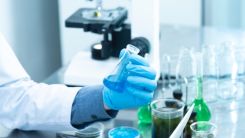
GoogleAI Helps Theoretical Physicists Discover the Most Complex Protein Knot

Loss of Male Sex Chromosome Linked to Negative Health Impacts and Early Death Than Women
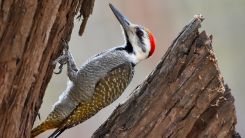
Woodpecker's High-Impact Lifestyle: Why the Headbanging Bird Does Not Get Concussions?

Cancer Drug Under Investigation Unexpectedly Triggers Spinal Cord Recovery in Mice Models
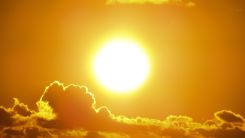
Extreme Heat Due to Climate Change May Increase Risk of Chronic Health, Other Diseases
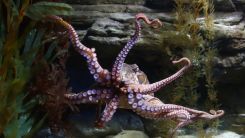
First-of-Its-Kind Underwater Glove Allows Humans to Suction Like Octopuses
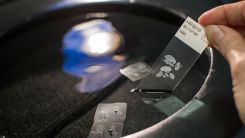
How Cancer Behaves and Spreads Paves the Way for New Treatment
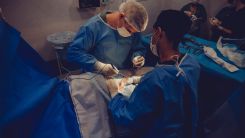
Novel AI System Created to Classify Inflammatory Bowel Disease Neoplasia Lesions, Increased Diagnosis Accuracy
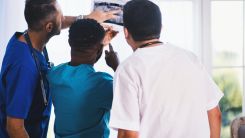
Novel System Improves Breast Cancer Diagnoses While Decreasing Doctor's Workload
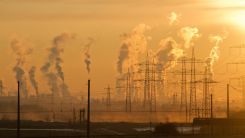
Climate Change Reversal Possible? MIT Scientists Say They Can Stop This Threat to Earth

New Zealand Supervolcano Shakes 43 Years After Devastating Eruption, Experts Predict Danger
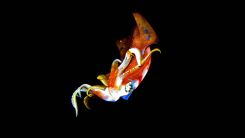
Deep-Sea Squid Caught in Rare Video Carrying Thousands of Eggs At Over 4,000 Feet Below Sea Level

Risks of Anal Cancer Cut by Half in HIV-Positive Patients with Precancerous Anal Lesion Treatment
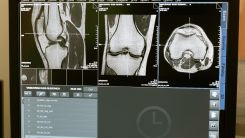
Engineers Develop Biohybrid Material That Mimics Natural Tissue
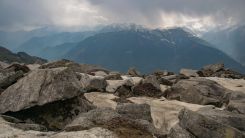
Layers of the Earth: Recent Study Says its Inner Layers were Drier in the Past
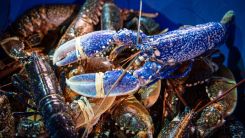
One in Two Million Rare Blue Lobster Caught by Maine Fisherman Released Back to the Ocean
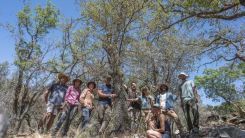
Extinct Oak Tree Species Rediscovered, Preservation At Work in Big Bend National Park

NASA Used Spitzer Data to Explain Why Some Planets Are Covered With Sand Clouds

Is Natural Selection Unequal? Experts Say Darwin's Theory Controlled by Income

Seattle at Risk of Tsunami from Fault That Remained Silent for 1,100 Years
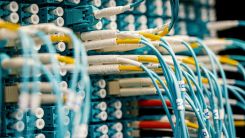
Scientists Built Model of Quantum Entanglement Using Existing Fiber Optic Structure and Atomic Particles for the First Time: Is Quantum Internet Possible?
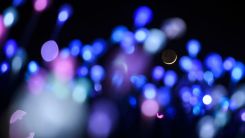
Fastest Quantum Entanglement Connected Pair of Atoms Located More Than 30 Kilometers Apart
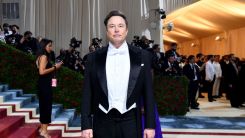
Elon Musk Trolls Bill Gates Over Concept of Hydrogen Energy as Solution to Climate Change
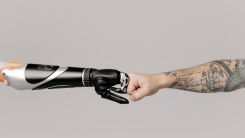
Thin Bionic Materials Developed to a Stronger, Flexible Artificial Muscle
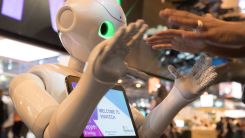
Minnesota Nursing Homes Receives Humanoid Robots for Elderly, Dementia Care
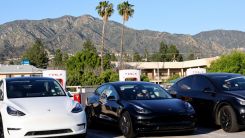
Supercharger Network Soon to Open for Non-Tesla EV Drivers Across US, White House Announces

WHO: Uncontrollable Monkeypox Outbreak Now a Global Public Health Emergency
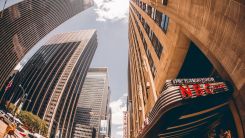
Heat Dome: What Is It and How It Could Bake an Entire State
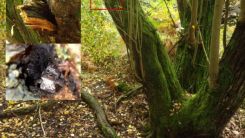
Common Toads in UK Discovered Living Up in Trees for the First Time
Most Popular

Persistent Coughs Are Everywhere: Here's What Experts Think Is Causing It

Ancient Hotspot Found to Have Created Great Lakes 300 Million Years Ago

Mysterious Structures Discovered Beneath the Pacific Ocean, Puzzle Scientists

Health Benefits of Drinking Hot Chocolate




